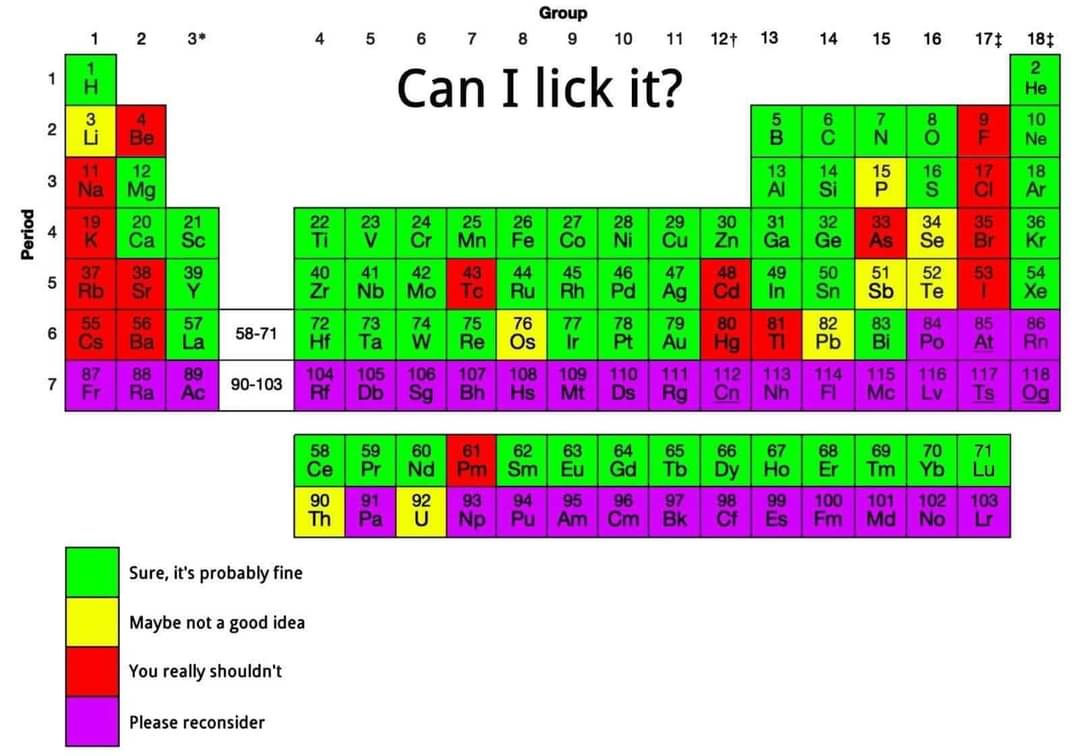There are a few youtube videos where someone suggests using sulfuric acid to clean a secondary plate-style heat exchanger (for example). Yet I’ve heard sulfuric acid is extremely corrosive to metal, so something seems off about that advice. I certainly would not want an internal leak to cause radiator fluid to enter the tap water. I saw a drop of sulfuric acid land on a galvanized steel pipe once and within minutes it was rusted on the spot.
This guy also says sulfuric acid is an option but also says there is a safer alternative acid -- yet he did not mention what it is! Does anyone know?
This guy says he uses an ultrasonic bath but he does not say what chemicals he uses. Would distilled white vinegar be good for this?
Note these questions are very loosely related to this thread which describes a problem I am having, but really it’s a separate discussion. Secondary exchangers need periodic maintenance regardless of whether this is my current problem. I saved my previously clogged heat exchanger from a few years ago so I could work on cleaning it. I have a quite small ultrasonic I could try, but I cannot submerge the whole exchanger. I would have to stand it on end and only clean a few centimeters deep.
